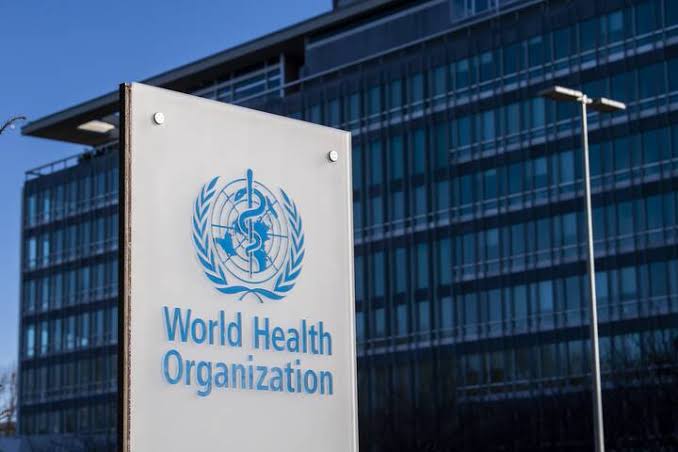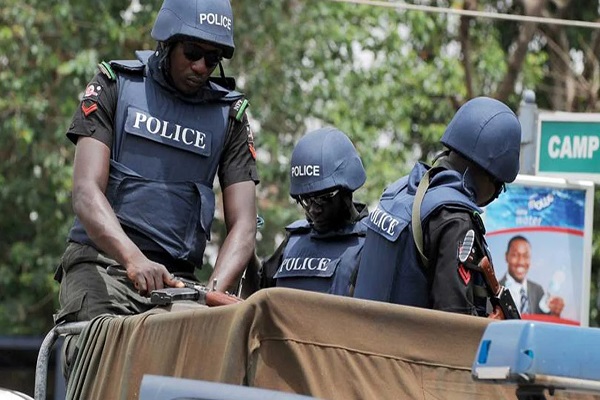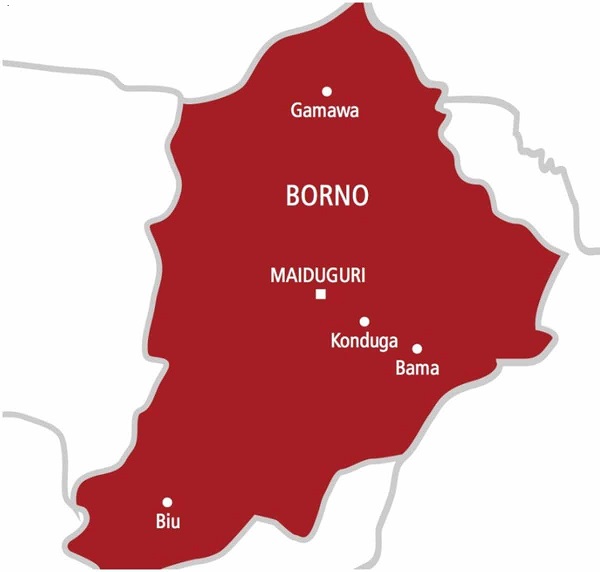The Director-General of the World Health Organization (WHO), Dr. Tedros Adhanom Ghebreyesus, has called on member states to adopt the much-anticipated Pandemic Agreement this week during the ongoing World Health Assembly in Geneva.
Describing the moment as “truly historic,” Tedros urged countries to seize the opportunity to prevent a repeat of the global crisis caused by COVID-19.
“At this assembly, member states will consider, and hopefully adopt, the WHO Pandemic Agreement,” he stated in his opening address. “Even in the middle of crisis, and in the face of significant opposition, you worked tirelessly, you never gave up, and you reached your goal.”
After over three years of intense negotiations, the agreement’s text was finalised last month through consensus, although not without difficulty. The process saw tensions rise, especially between developed and developing nations, over equitable access to vaccines and pandemic resources. The United States, under former President Donald Trump, withdrew from the initial negotiation process after launching a formal withdrawal from the WHO—an action that cast a shadow over early talks.
The agreement, expected to be formally adopted on Tuesday, is aimed at strengthening global cooperation in pandemic preparedness, detection, and response. It focuses on improved international coordination, surveillance, and the fair distribution of vaccines, diagnostics, and treatments.
While hailed by many as a necessary framework to avoid the inequities witnessed during the COVID-19 pandemic, the agreement has also faced criticism, particularly from groups concerned about national sovereignty and the implications of shared global health governance.
One key component yet to be fully defined is the Pathogen Access and Benefit-Sharing (PABS) mechanism, which outlines how pathogens with pandemic potential will be shared among nations, along with the benefits derived from them, including vaccines and medicines. Member states have until May 2026 to finalise this section of the agreement.
Once the PABS framework is established, the agreement can move toward full ratification. At least 60 ratifications will be required for the treaty to come into force globally.
Dr. Tedros concluded his address by expressing hope that the Assembly would set a precedent in global health diplomacy:
“I look forward to your adoption of the agreement. It represents joy, triumph, relief, and exhaustion — all at once — after a long journey.”




